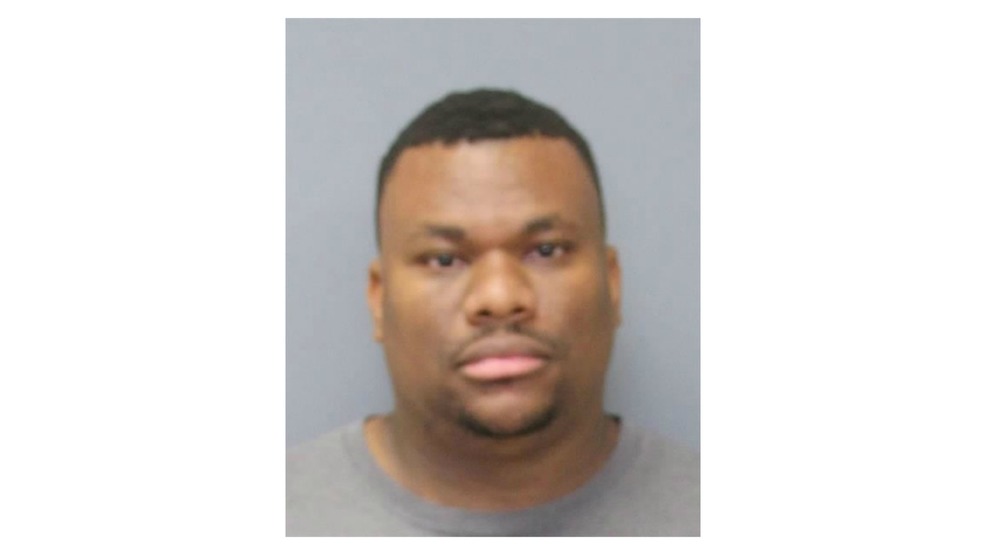By: Brian Kim
Impunity Watch Reporter, Asia
BEIJING, China – At the political summit led by the Chinese Community Party, Xi Jinping, the President of the People’s Republic of China, declared a “new era” for the country. Although this every five-year event is meant to declare the new Chinese leader to the world, the ceremony that was held in Beijing’s Great Hall of the People focused on displaying Xi Jinping’s power.

During the ceremony, Xi introduced five of the seven members of the Politburo Standing Committee. The committee is considered to be the inner core of the Chinese government. It was noted during the ceremony that none of the men selected to be on the committee were considered to be Xi’s successor as it did not include a younger leader who would be groomed to take over the presidency.
The sources believe that the lack of possible successor to Xi was seen as a sign that he intends to stay beyond his next five-year term.
At the end of the ceremony, Mr. Xi was elevated to the same status as the country’s founder, Mao Zedong. Xi’s name and his political policy are both now enshrined in the Chinese constitution.
The political summit also allowed Xi to assert additional power over the military. Many of the top leaders in the military were replaced with Xi’s generals. By initiating these changes, Xi has stated that he intends to make China a world power by 2050. Currently, China has the world’s biggest military with more than 2 million troops, but he is hoping to modernize the military.
Xi announced his economic plan for the next 30 years during the meeting as well. With his new plans to improve China’s socialism and bolster the country’s economy, many experts are describing this move as the beginning of the third era of Communist rule in China.
For more information, please see:
NYT – Xi Jinping Unveils China’s New Leaders but No Clear Successor – 24 October, 2017
Variety – Xi Jinping Emerges as China’s Unquestioned No. 1 Leader – 25 October, 2017



